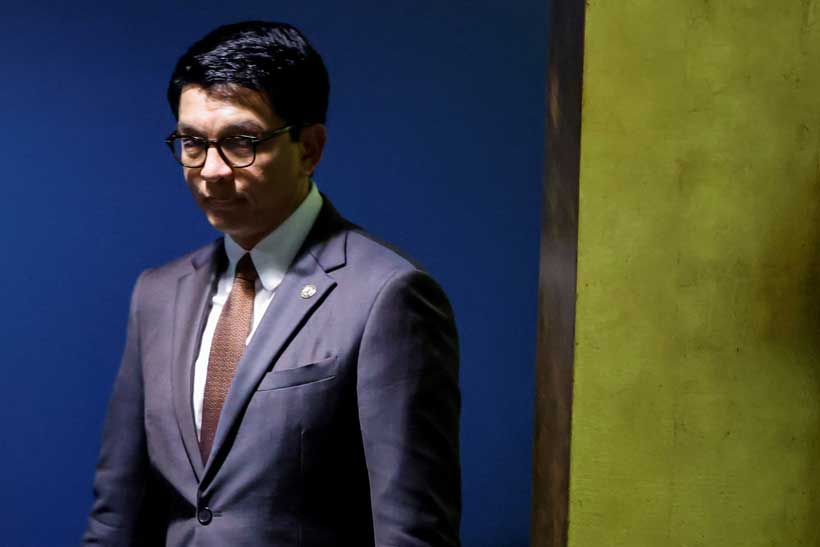Madagascar’s President Andry Rajoelina, who came to power in a 2009 coup, faces growing student protests fueled by corruption and a struggling economy. The protests, mainly led by young people, express long-standing frustration from many citizens demanding better government services. Initially focusing on issues like electricity and water shortages, the demonstrations have expanded to calls for significant governmental reform.
In response to the protests, Rajoelina has dismissed his cabinet and expressed a willingness to engage in dialogue with the demonstrators. However, the protests continue without clear leadership. Many protesters draw inspiration from successful youth movements in other countries that challenged their governments.
Rajoelina, who was just 34 when he became president, had previously been mayor of Antananarivo and had a history of conflict with the previous government. He promised to improve living conditions in Madagascar, a country that saw a considerable decline in GDP per capita since independence. After stepping down as the transitional leader in 2014, he returned to power in 2018.
His leadership during the COVID-19 pandemic included promoting a herbal tonic as a cure without clinical validation. Although a presidential spokesperson claimed this remedy had “saved many lives,” no evidence was provided. Additionally, Rajoelina proposed tax breaks for importing exotic animals to boost tourism, a suggestion inspired by the animated film “Madagascar,” but this plan was never executed.
Despite the government’s assurances, everyday life remains challenging for citizens, with frequent power cuts and water shortages. The protests reflect deep-rooted grievances regarding daily needs, exacerbated by widespread corruption that has eroded public trust. Transparency International reported that Madagascar has worsened in its corruption rankings over the years.
Rajoelina’s re-election in 2023 was marred by allegations of unfair voting practices. Many candidates boycotted the election, and the turn-out was low. Despite significant concerns raised by the United States and others, the election outcome was upheld by the country’s top court, and the military cautioned against any destabilizing actions.
Amid ongoing protests, rumors of a potential military coup are circulating. Rajoelina has hinted that some politicians might attempt a coup while he was away. Meanwhile, the Gen-Z movement demands his resignation and dissolution of certain government bodies but has yet to propose a clear alternative. Observers note that if this group can unite behind a candidate, it might avert a possible coup.
Andry Rajoelina: The Story Behind Madagascar’s President
Madagascar's President Andry Rajoelina, who came to power in a 2009 coup, faces growing student protests fueled by corruption and a struggling economy.


